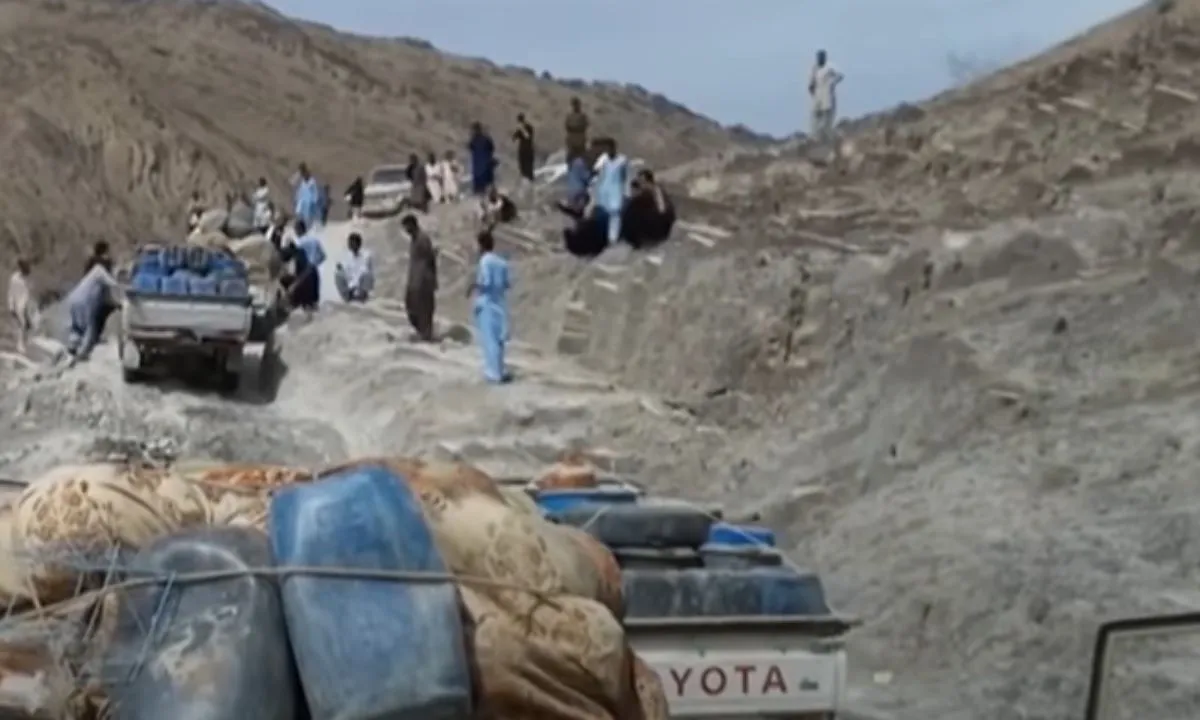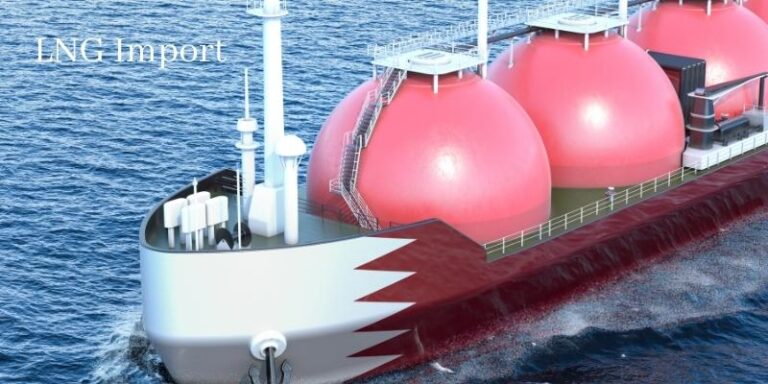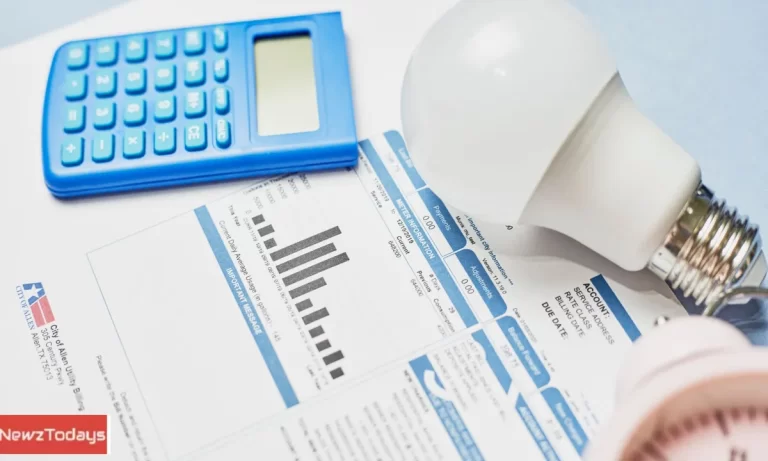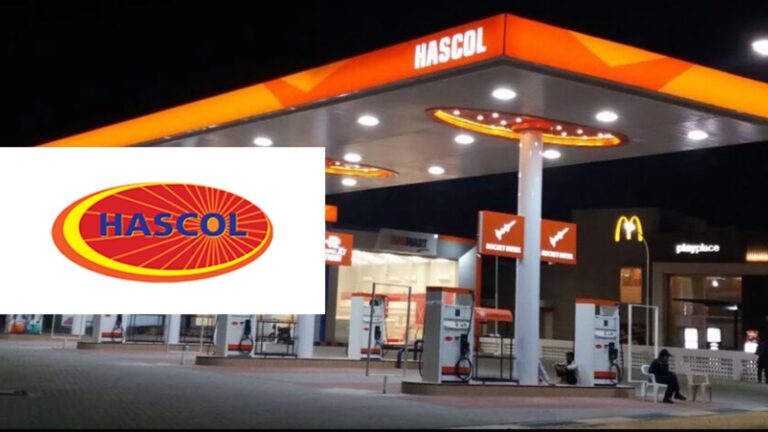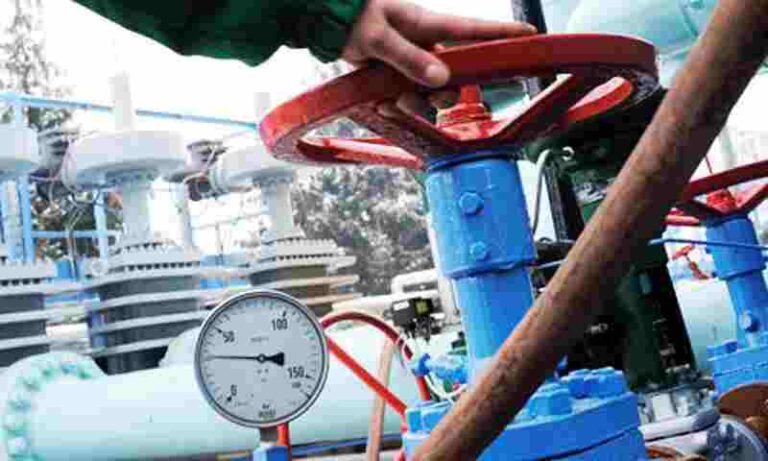Pakistan Suffers $35m Monthly Loss Due To Oil Smuggling: OCAC
By Newztodays Team
The oil industry has drawn the attention of the government towards the menace of oil smuggling that cost a $35.6 million monthly loss to the country.
In a letter written to the government, OCAC has also drawn attention to a pressing issue that poses a severe threat to the oil industry and consequently jeopardizes the stability of government revenue streams.
The staggering influx of 4,000 metric tons of smuggled fuel daily into Pakistan, as confirmed by the Oil and Gas Regulatory Authority (OGRA), is costing the nation approximately $35.6 million per month.
This national crisis demands swift and aggressive action.
The sales trend of Motor Spirit (MS) and High Speed Diesel (HSD) during the fiscal year 2022-23 starkly resembles the figures recorded during the tumultuous period of the COVID-19 pandemic in FY 2019-20.
While the decline in GDP growth rate from 6.11% in FY 22 to 0.29% in FY 23 may partly explain this downturn, unfortunately, the year-to-date (YTD) sales of MS and HSD have further plummeted by approximately 6.5% (July-February FY 23-24 vs. FY 22-23), casting doubts on the veracity of the projected GDP growth rate of +1.7% for FY 24.
Similarly, the month-to-date (MTD) sales figures of MS and HSD in March 2024 exhibit an alarming variance of -12% and -21%, respectively, against the forecasts established in the Product Review Meeting for the harvesting season.
Such high negative variances signify product glut, lower refinery throughput, choking of White Oil Pipeline (WOP), and restrained sales volumes.
Hence, the illicit trade has disrupted the entire supply chain of petroleum products, adversely affecting refinery health, White Oil Pipeline operations, and the profitability of Oil Marketing Companies (OMCs).
The significant price disparity between legitimate and smuggled fuel, coupled with widespread availability and weak border controls, is causing irreparable damage to legitimate businesses.
Any hindrance to local petroleum, oil, and lubricants (POL) production necessitates increased imports, resulting in substantial financing costs for OMCs as they operate on razor-thin margins.
The oil industry continues to lose business to illicit trade, simultaneously, the government continues to lose revenue from Petroleum Levy, Customs Duty, Corporate Tax, Super Tax, etc.
Reportedly, the petroleum dealers of retail outlets have also raised grave concerns about the unabated surge in fuel smuggling to Pakistan, causing them sales and revenue losses.
The unchecked proliferation of substandard smuggled petroleum products not only drains government revenue but also fuels a shadow economy, making it increasingly challenging to monitor and regulate illicit activities.
The detrimental effects of substandard smuggled petroleum products on the environment, vehicle engines, and safety standards should not be left unattended anymore.
The influx of fuel through illicit channels will gravely impact the foreign direct investment required for the upgrade and modernization of refineries under the Brownfield Refinery Policy.
Call for Reverting to Old Oil Prices Mechanism
The oil industry has called for reverting to the old way of setting oil prices, based on the current dollar rate.
The Oil Companies Advisory Council (OCAC), a group representing the oil industry, has sent a letter to the Chairman of the Oil and Gas Regulatory Authority (Ogra) about this.Why the Oil Sector continues to struggle
“We want to talk about how we calculate the prices of petroleum products every two weeks. We think it would be better to use the exchange rate that’s available at the time of pricing like we used to do,” said OCAC.
They explained that Ogra changed the way they calculate prices on August 1, 2022. Instead of using the latest exchange rate, they started using a 15-day average exchange rate.
But the oil industry wasn’t happy about it because it exposed them to changes in the exchange rate.
“We think it’s better to use the exchange rate that’s available when we change the prices. This way, we can reflect the exchange rate for the next two weeks accurately,” OCAC explained.
They also said that since the Pakistani Rupee is stable now, changing the pricing method won’t make much difference.
“We hope you’ll support us in going back to the old way of doing things. We’re also ready to come and talk to you about our proposal,” OCAC added.
In the past, former finance minister Ishaq Dar suggested using the average exchange rate instead of the available rate when changing oil prices.
OCAC had raised concerns back then too, but nothing happened during the PDM government’s time. Now, with the Shahbaz-led government in charge, OCAC is bringing up the issue again with Ogra.
Dealers Margins
Meanwhile, the Petroleum Dealers Association of Pakistan has asked Finance Minister Muhammad Aurangzeb to increase the margins on oil prices.
They haven’t seen an increase in their margins since September 2023, despite facing higher operational costs like electricity, labor, and franchise fees.
“The illegal smuggling of petroleum products is also hurting our business and the economy. We’re seeing a big drop in sales at petrol pumps because of this,” said the chairman of the association.
They’re asking for quick action to address their concerns and warned to shut down operations in case no action is taken. He further said that it would be bad for their businesses and the economy as a whole.


